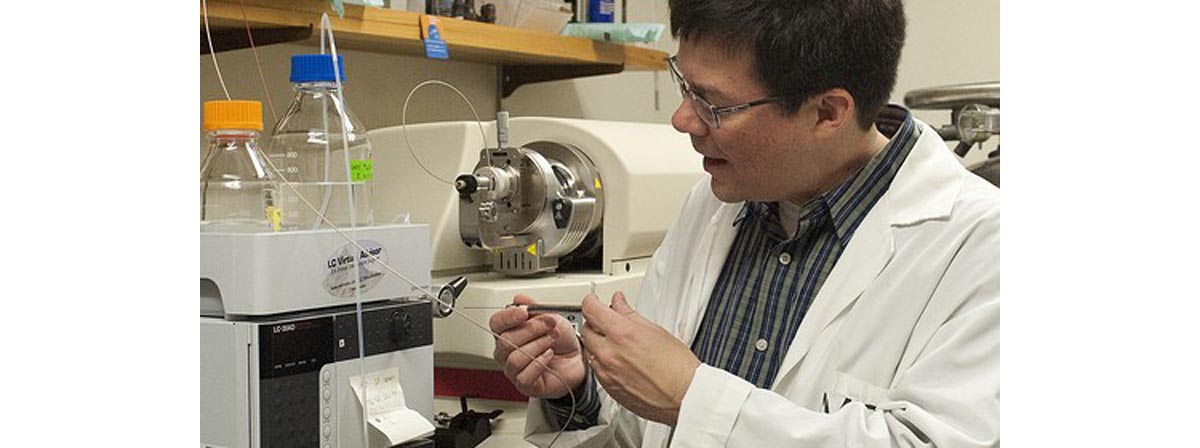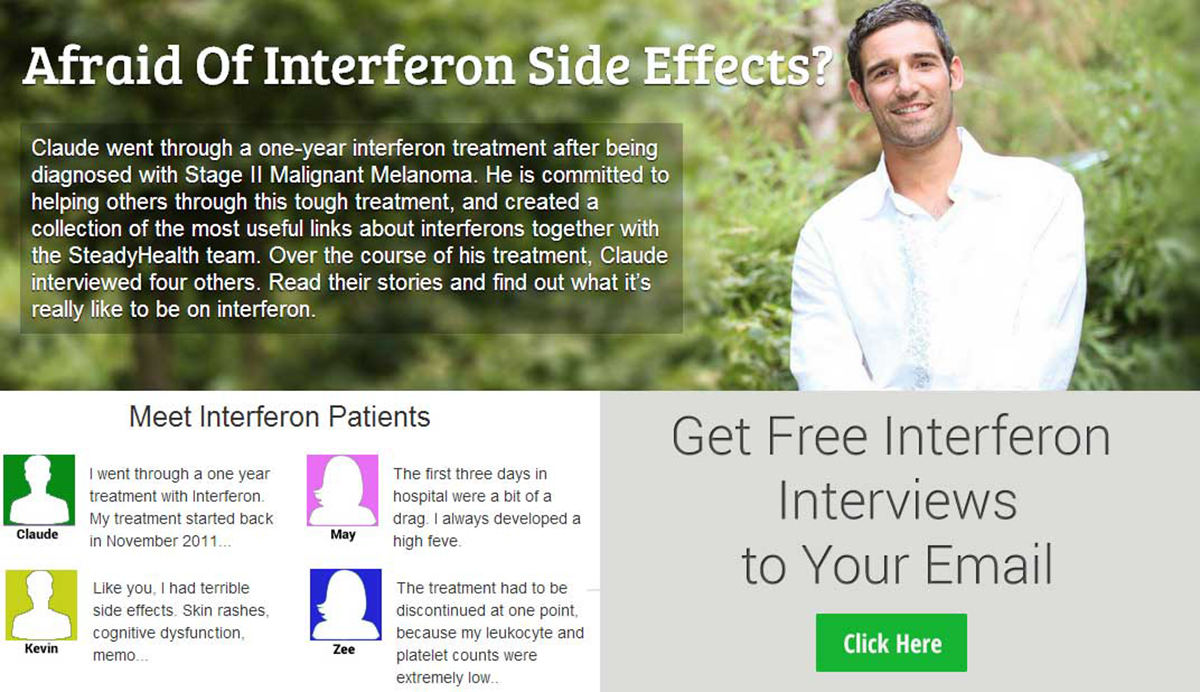Recent news about gene therapy curing leukemia in just eight days has brought a smile on the lips of millions of patients suffering from leukemia worldwide. Leukemia accounts for almost 33% of all cancers afflicting children and is responsible for the deaths of 1,340 American children every year.
Now, researchers from Memorial Sloan Kettering Cancer Center in New York have reported in a study published in the journal Science Traditional Medicine that they have
All the patients in the study were suffering from acute lymphoblastic leukemia (ALL), an incurable form of blood cancer.
While one of the patients saw the disappearance of cancer cells from his blood within eight days of starting the therapy, four of them were treated within eight weeks. One of the patients died after a relapse, another one died from a blood clot which was unrelated to the therapy. The patients, in whom the gene therapy was successful, have been in remission for between 5 months and 2 years.
What exactly did the researchers do to achieve such marvelous results?
Our immune system contains two types of lymphoblasts, namely the T cells and the B cells. In ALL, the B cells become malignant and start regenerating spontaneously. The researchers taught of ways to control the unchecked growth of these cells. They were able to identify a molecule, called as CD19, which is present only on the surface of B cells. The researchers, extracted T cells from the patients suffering from ALL and genetically modified them so that they would attack all the cells bearing the CD 19 molecule. These modified T cells were re-introduced into the blood stream of the patients, wherein they killed all the cells bearing CD19 molecule. While all the cancerous B cells were killed in this manner, some of the non-cancerous B cells were also killed in the process. In all the five patients who survived, there was no trace of cancerous cells left after this form of gene therapy.
The researchers feel that gene therapy is more effective in patients who use it as the first line of treatment. The two patients who died in this study, the one who suffered a relapse and the one who died due to a blood clot had probably used another form of conventional therapy for treating leukemia before trying the gene therapy.
Studies Done In The Past Have Also Shown The Importance Of Gene Therapy In Treating Cancers
This is not the first study which has shown the efficacy of gene therapy in the treatment of cancer. In fact, in a study published in the New England Journal of Medicine in 2011, researchers from the University of Pennsylvania's Abramson Cancer Center and Perelman School of Medicine were able to achieve year-long remission in patients suffering from advanced chronic lymphocytic leukemia (CLL) after they were treated with genetically engineered versions of their own T cells.

There are almost 15,000 new cases of CLL diagnosed in America every year and of these 4,400 patients succumb to the disease annually.
The three patients treated in this study had no option other than undergoing bone marrow transplant. Even then, the chances of cure are just 50%. The researchers obtained the T cells of these patients. These cells were then reprogrammed with the help of lentivirus vector. The vector encodes the T cells to release a chimeric antigen receptor (CAR) on its surface which binds with the CD19 protein present on the surface of B cells. The CAR antigen also produces cytokines which triggers the multiplication of more and more T cells until all the tumor cells are destroyed.
As the tumor cells are destroyed very rapidly, patients may complain of violent reactions for a short duration of time. These include flu like symptoms like fever, chills and nausea. In scientific parlance, this is called as tumor lysis syndrome, i.e. the time when a large number of tumor cells are destroyed at one go. However, these symptoms subside within four weeks and then, there are no traces left of the tumor cells.
The researchers plan to use gene therapy in other CD19 positive cancers like non-Hodgkin's lymphoma and acute lymphocytic leukemia. Buoyed by the results obtained in the study, the researchers have also created specially engineered T cells which can bind with a protein called mesothelin. This protein is found in mesothelioma cancer cells, ovarian cancer cells and pancreatic cancer cells. If the scientists are able to achieve similar results, it would amount to a revolution in the treatment of cancers.
Although the results of these studies have been very encouraging, the downside is that the normal B cells are also killed in the process. Therefore the patients are more prone to develop infections subsequently. The scientists have been trying to evolve means to avoid this collateral damage. In a new study, published in the Proceedings of the National Academy of Sciences in March 2013, researchers have been able to successfully target only the CLL cells while leaving the normal B cells intact.
Apart from CD19, CLL cells also express another glycoprotein called as CD44. The researchers have identified a monoclonal antibody called RG7356 that specifically targets CD44 and destroys the CLL cells without causing any damage to the normal B cells. Moreover, the CLL cells which express a protein called as ZAP-70 and have been acted upon by the monoclonal antibody, undergo programmed cell death.
In yet another study published in the April issue of the New England Journal of Medicine, researchers led by Stephan A. Grupp, Director of Translational Research for the Center for Childhood Cancer Research at The Children's Hospital of Philadelphia, have described how two children with ALL have attained complete remission from their disease after undergoing gene therapy. Here again, the researchers genetically modified the T cells to target the cancer cells. But in this study, one of the children suffered a relapse due to emergence of cancer cells that did not possess the target cell receptor protein. The researchers are now trying to identify other surface proteins present on the cancer cells.
These studies have suddenly generated considerable interest in gene therapy for treating cancers. There is considerable ongoing research in this field and future of cancer treatment definitely looks bright.
- “Chimeric Antigen Receptor-Modified T Cells for Acute Lymphoid Leukemia,” by Stephan A. Grupp, et al, published Online First, March 25, 2013 in New England Journal of Medicine, accessed on April 6, 2013
- “Targeting chronic lymphocytic leukemia cells with a humanized monoclonal antibody specific for CD44,”by Suping Zhang et al, published on March 25, 2013 in PNAS, accessed on April 6, 2013
- “CD19-Targeted T Cells Rapidly Induce Molecular Remissions in Adults with Chemotherapy-Refractory Acute Lymphoblastic Leukemia,” by Michel Sadelain, et al, published on March 20, 2013 in Science Translation Medicine, accessed on April 6, 2013
- “Combinatorial antigen recognition with balanced signaling promotes selective tumor eradication by engineered T cells,” by Christopher C Kloss, et al, published in December 16, 2012 issue of Nature Biotechnology, accessed on April 6, 2013.
- Photo by steadyhealth.com



Your thoughts on this